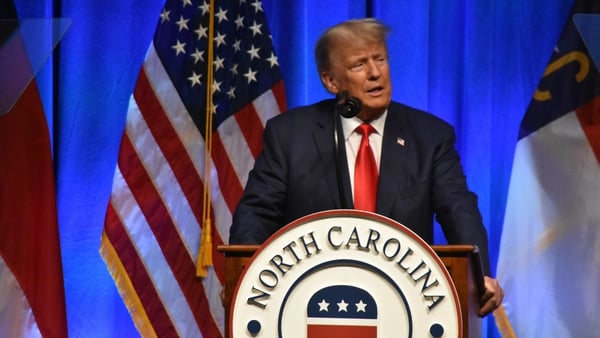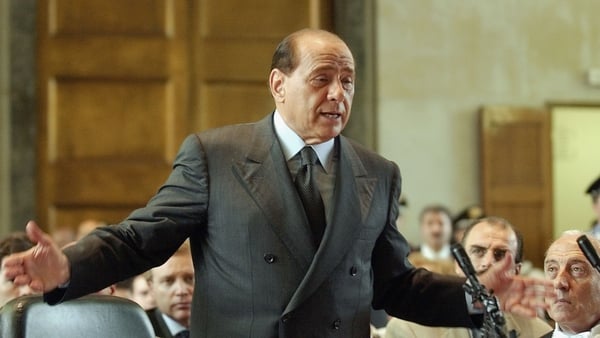The devastating impact humans are having on the natural world have been the focus of heavy-hitting, sobering reports on the consequences of climate change recently.
Scientists have repeatedly warned that the world must ramp up action to cut emissions to prevent global temperatures rising beyond dangerous thresholds to, in short, save the planet.
Those stark warnings about the future of the world seem to have hit home. Projections in the Local and European elections have become a sounding board for the electorate’s green priorities.
By yesterday evening, seven Green Party candidates had taken seats on Dublin City Council while the RED C exit poll for RTÉ and TG4 sent shock waves through the political system showing a surge of support for the Green Party with it on course to top the European Parliament elections poll in Dublin.
The party may also be on the way to win seats in the South and Midlands-North-West constituencies.
Taoiseach Leo Varadkar has got the "very clear" message from the electorate.
"We are acting on climate, but they want us to act faster - we have got that message," he said from the Citywest count centre.
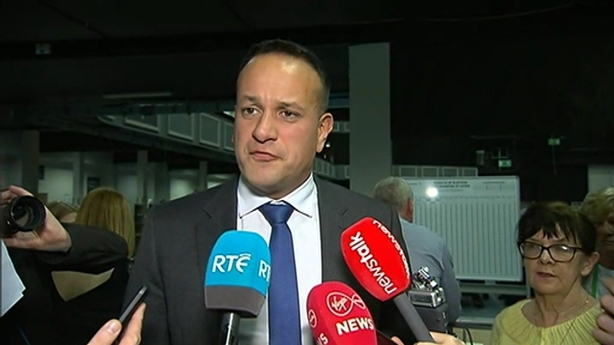
The rise of the right across Europe has dominated the headlines in the run up to these elections but a "green wave of thinking" across Europe is also building momentum.
This view was echoed by Green Party leader Eamon Ryan as he rejoiced that a green vote is everywhere in "rural Ireland, urban Ireland, younger Ireland, older Ireland".
It’s a phrase that has been adapted by Green campaigners for their polling success with media outlets across the European continent, and as far as Canada, jumping on board.
Already, Green parties have seen an increase in popularity and power in Europe.
In Germany’s conservative Bavaria, the state saw the Green party doubling their vote in elections there last year, to become the second largest party – some are even dreaming big that this surge could result its first chancellor.
As far back as two years ago in the Netherlands, the GreenLeft party boosted its tally of MPs from four to 14 seats, while the Greens in Luxembourg significantly improved their numbers in the last couple of months resulting in them going into a coalition government for the first time.
The green machine has also hit Scandinavia with environmental parties in Sweden part of government.
Denmark could also be on course to adding some green to a coalition government there when Danes go to the polls next month.
Domestic politics aside, more than 400 million people have been going to the polls in recent days across Europe, and eyes will be watching to see if the right and green trend continues.
Analysts suggest Green party representatives will win 57 or more MEP seats in the 751 assembly. However, the liberal ALDE group and populist Matteo Salvini's Euroskeptic alliance are on track for bigger gains.
That been said, Europe's greens seem to be on a path for their strongest showing in European Parliament elections to date.
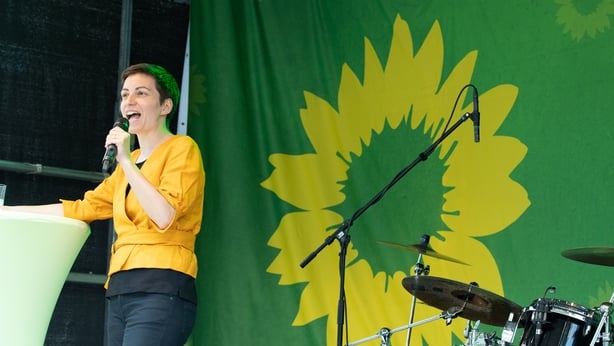
Polls suggest that Finland’s Greens are on course to become the country’s second-largest party following these elections, with over 17% of the vote compared to almost 8% in 2014.
The German Grüne (Green) party is expected to do well, forecast to reach 18 MEP seats - up seven - to reach the position of second most popular party in Germany.
But the "green wave" has yet to crash down upon eastern Europe with the only projected green seat in Lithuania.
France's Europe Écologie has also failed to do well in polls even though climate change remains a top topic for voters there.
The party is expected to win less percentage points than 2014 however that result could be down to more mainstream parties adopting greener policies.
French President Emmanuel Macron has put the environment at the heart of his European election manifesto, pledging to rule out deals with countries who are not signed up to the Paris Climate Accord while investing billions of euro in developing clean energy and transport.
The power behind the potentially new green MEPs hasn’t escaped them.
As support for the more traditional centre-left and centre-right parties weaken and expected to drop in numbers, the possibility of the greens being courted for support for an alliance of pro-European groups becomes more likely.
Some Greens have warned that it will demand tough concessions from the European People’s Party in return for propping up a pro-EU majority, if they emerge as a dominant force in these European elections.
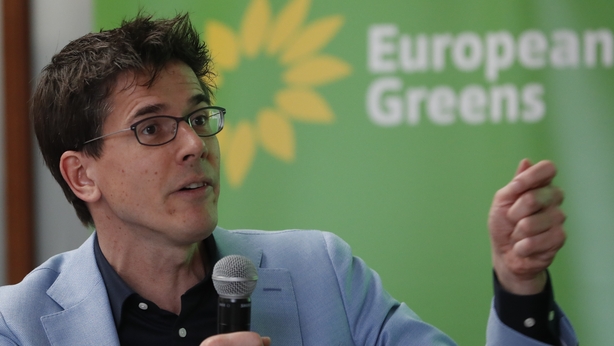
The European Green Party’s candidate for the next president of the European Commission, Dutch MEP Bas Eickhout, told the Financial Times that his party would only join forces with the EPP if the party stopped supporting "illiberal democracies" in Eastern Europe.
With signs of green voting strength around Europe, generations taking to the streets to demand better climate policies and a Swedish teenager becoming a driving force behind climate change awareness, it is clear the priority of voters is shifting.
However, the appeal of the green is not only in its strive for better and more sustainable environments, but another choice for the liberal-minded voter as they become disillusioned with traditional politics.
Many Green parties across Europe have pro-European stances, a welcoming attitude towards migration and a clear path and policy towards issues surrounding climate change and combating global warming.
Voters in Europe, who are politically liberal, rather than economically liberal, may view the greens as an attractive alternative to other social democracy parties who may not be as appealing.
Even if a projected European wave emerges to be only a ripple, Green parties around Europe will be comforted that people believe in their message but need to be aware too, that they are benefiting from fragmented politics.



